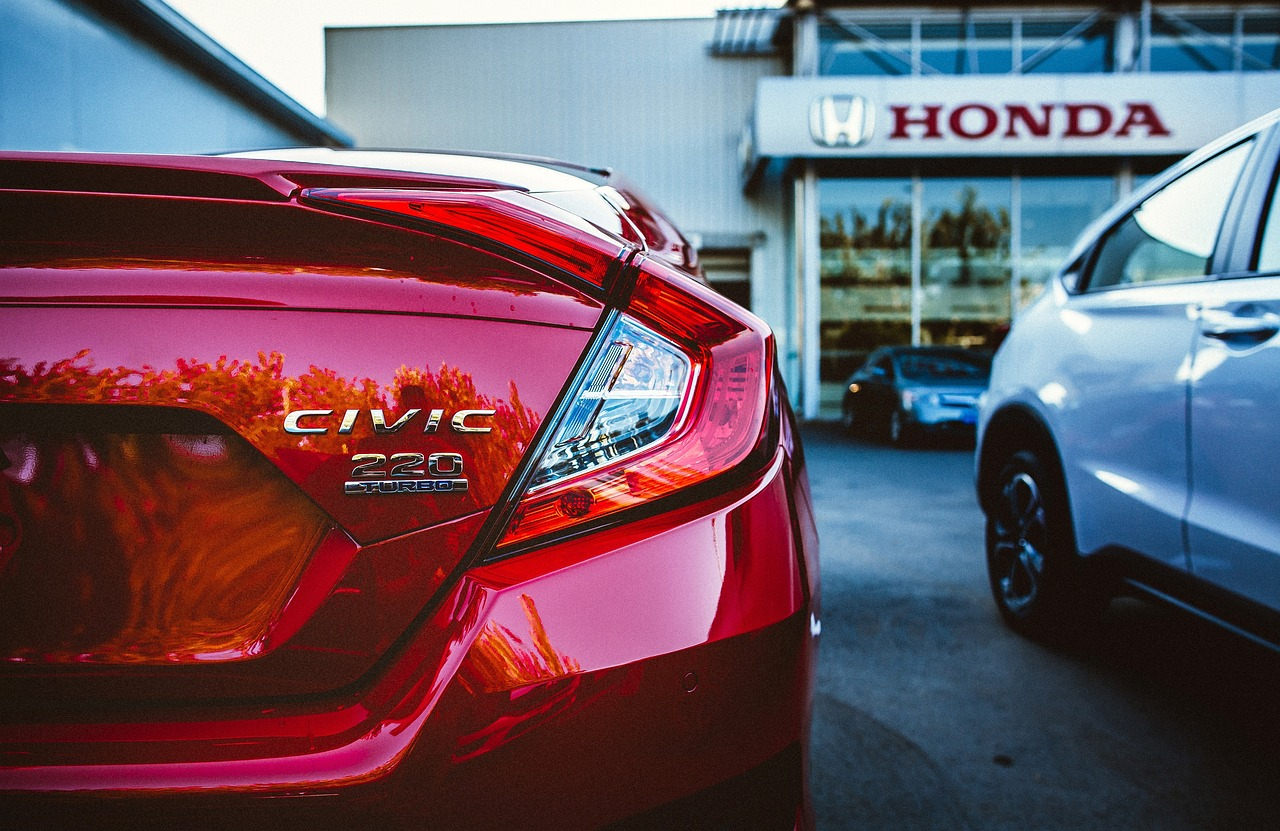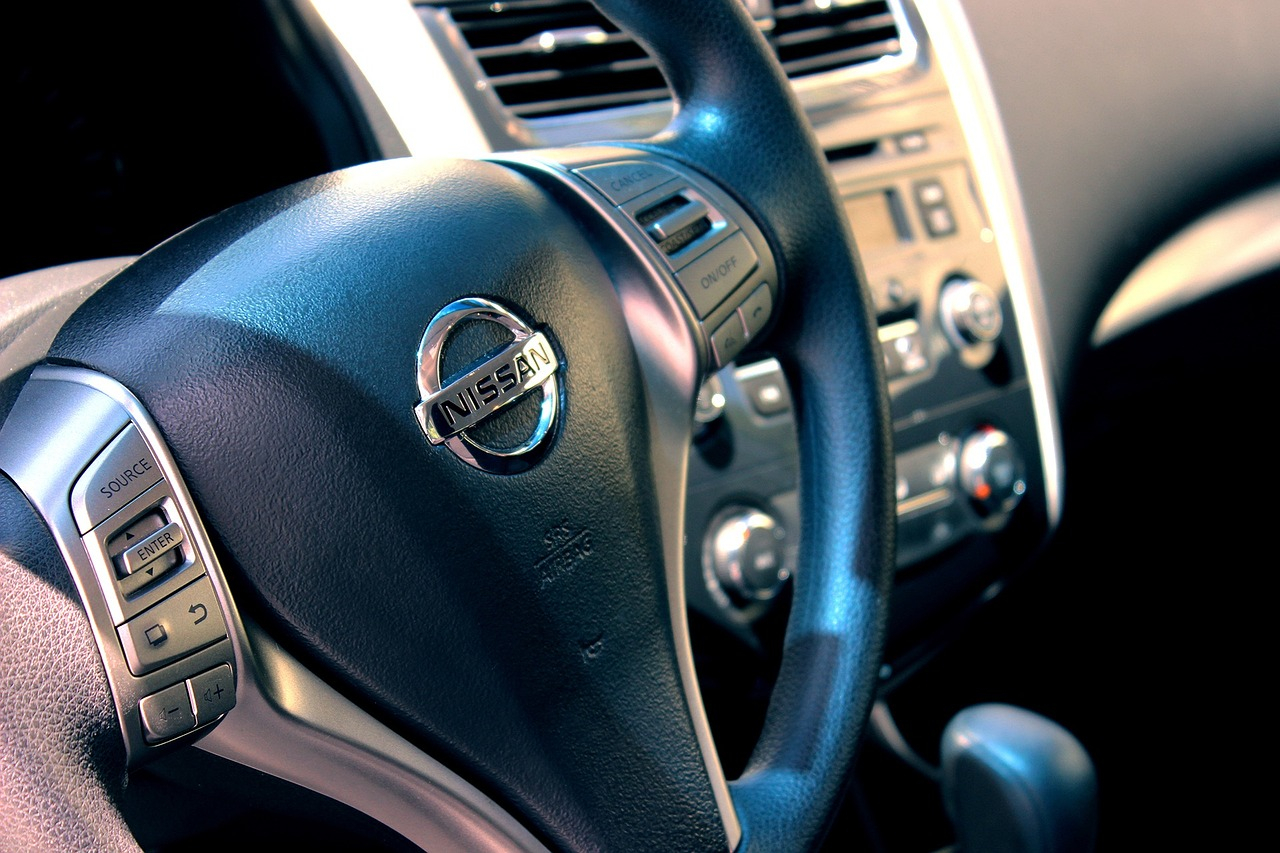Canada takes new steps to fight car theft by sharing export data
Starting this week, the Canada Border Services Agency (CBSA) has begun sharing selected vehicle export information with trusted partners. This move is expected to limit the illegal practice of VIN cloning, which has been widely used to re-identify stolen vehicles and reintroduce them into the Canadian market. Data is currently being shared with CARFAX and the Équité Association, both of which play active roles in identifying fraud in the automotive sector.
Automakers issue recalls for multiple vehicle models due to performance issues
Honda and Nissan merge in response to industry transformation
Dangerous driving habits among Canadians highlighted in new study
A new study reveals widespread risky driving behaviors in Canada. Conducted by the Canadian Automobile Association (CAA), it exposes alarming statistics about speeding, distracted driving, and other unsafe practices. The findings emphasize the importance of adopting safer habits to improve road safety and reduce accidents.
Table of contents:
Hyundai and General Motors collaborate to advance electric vehicle technology
In an effort to reduce costs, accelerate innovation, and respond to the growing demand for electric vehicles (EVs), South Korea's Hyundai and America's General Motors (GM) have entered into a strategic partnership. This collaboration is aimed at bolstering the development of clean-energy vehicles, including electric and hydrogen-powered models, while also addressing future manufacturing needs. As the automotive industry faces stringent emissions regulations and increasing competition, particularly from Chinese automakers, this partnership could be pivotal for both companies in maintaining their market positions.






 Starting this week, the Canada Border Services Agency (CBSA) has begun sharing selected vehicle export information with trusted partners. This
Starting this week, the Canada Border Services Agency (CBSA) has begun sharing selected vehicle export information with trusted partners. This Visual content is essential for capturing audience attention and conveying your brand message effectively.
Visual content is essential for capturing audience attention and conveying your brand message effectively.
 n the arena of digital advertising and sales, a powerful email series can be the key to nurturing leads, final
n the arena of digital advertising and sales, a powerful email series can be the key to nurturing leads, final

